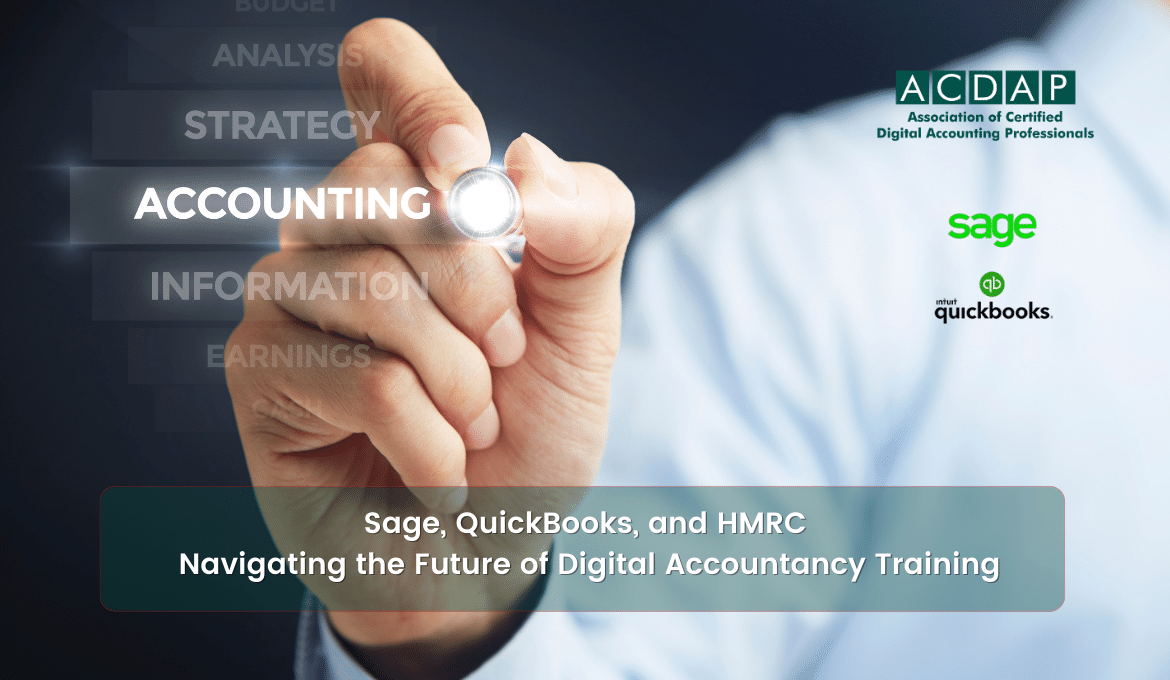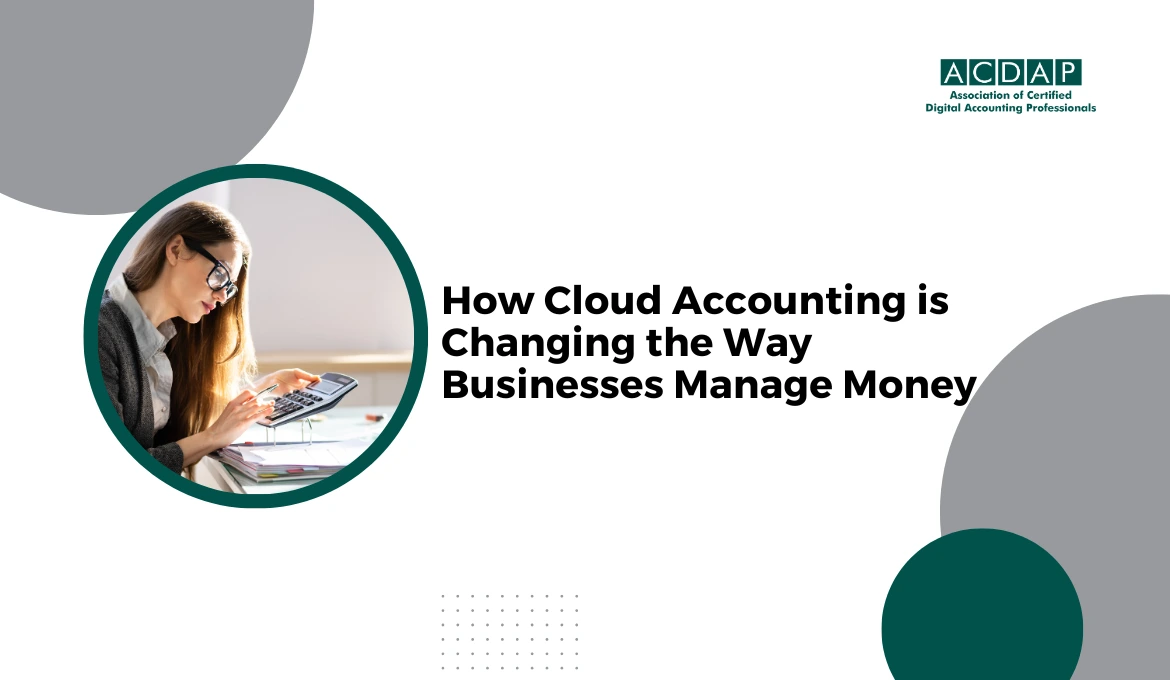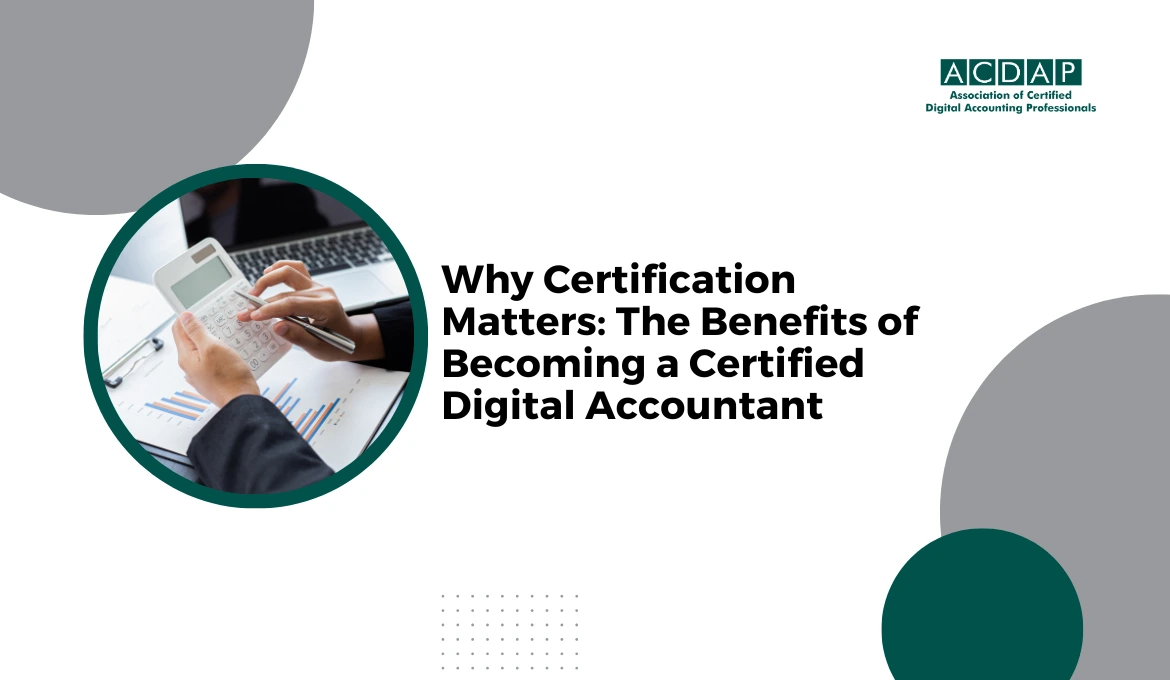In the ever-evolving landscape of digital accountancy, staying updated with the latest tools and regulations is crucial for success. Sage, QuickBooks, and HMRC (His Majesty's Revenue and Customs) are three key players in this field, each offering unique advantages and challenges. This article will explore how digital accountancy training adapts to the changing landscape and how these three entities shape the industry's future.
The Digital Transformation of Accountancy
The world of accountancy has come a long way from traditional ledger books and manual calculations. With the advent of digital technologies, accountants now have access to powerful software tools that streamline financial processes. Sage and QuickBooks are among the pioneers of this digital transformation.
Sage and QuickBooks have revolutionised the way accountants manage financial data. Sage simplifies tasks like bookkeeping, payroll, and invoicing with its accounting software suite. On the other hand, QuickBooks offers user-friendly accounting solutions tailored for small businesses. These tools have become essential for accountants, making training in their use paramount.
The Role of Sage in Modern Accountancy Training
Sage has emerged as a leading software provider for accountants worldwide. Its robust features, including real-time reporting and automated processes, make it a professional favourite.
- Comprehensive Courses: Accountancy training programmes increasingly incorporate Sage software into their curriculum. Aspiring accountants learn to navigate Sage's interfaces, master data entry and explore its advanced functionalities.
- Certification Programmes: Sage offers certification programmes that validate an accountant's proficiency in using their software. These certifications are highly respected and demanded in the industry and can boost a candidate's career prospects.
- Integration with Education: Many educational institutions have integrated Sage into their accounting courses, ensuring students are well-prepared to handle real-world accounting challenges.
QuickBooks: A User-Friendly Solution for Aspiring Accountants
QuickBooks is renowned for its user-friendly interface and accessibility, making it an ideal choice for those entering the world of accountancy.
- Simplified Learning: The intuitive nature of QuickBooks reduces the learning curve for beginners. Training programmes often emphasise hands-on experience with the software.
- Small Business Focus: Many small and medium-sized enterprises (SMEs) rely on QuickBooks for their accounting needs. As a result, training in QuickBooks can open doors to career opportunities in these sectors.
- Online Resources: QuickBooks provides a wealth of online resources and tutorials, making it easier for trainees to grasp its functionalities.
HMRC's Impact on Accountancy Training
HMRC plays a vital role in shaping the regulatory landscape for accountants. Staying compliant with tax regulations is a fundamental aspect of accountancy.
- Taxation Training: Accountancy training programmes include modules on taxation, ensuring that future accountants understand the intricacies of HMRC regulations.
- E-Filing Expertise: With the shift towards digital tax filing, accountancy training now includes instruction on electronic filing systems used by HMRC.
- Continual Updates: HMRC frequently updates its regulations, and accountants must stay informed. Training programmes emphasise the importance of keeping up-to-date with these changes.
Navigating the Future: Integrating Sage, QuickBooks, and HMRC
The future of digital accountancy training lies in the seamless integration of these three key elements: Sage, QuickBooks, and HMRC.
- Holistic Training: Accountancy programmes increasingly offer holistic training that covers using Sage and QuickBooks for financial management while ensuring compliance with HMRC regulations.
- Real-world Simulation: Simulated scenarios allow trainees to apply their knowledge, using Sage and QuickBooks to navigate HMRC's requirements and ensure compliance.
- Career Advancement: Accountants who can adeptly use Sage and QuickBooks while staying compliant with HMRC regulations are in high demand. This integrated approach enhances career prospects.
Conclusion
The future of digital accountancy training is exciting, with Sage, QuickBooks, and HMRC playing pivotal roles in shaping the landscape. Aspiring accountants should embrace these tools and regulations to stay ahead in this dynamic field. Sage and QuickBooks offer robust software solutions, while HMRC ensures compliance with tax regulations. Integrating these elements into training programmes is essential for preparing accountants for success in the modern world of accountancy.
By keeping up-to-date with the latest HMRC changes and mastering these essential tools, future accountants can confidently and competently navigate the digital accountancy landscape. Embracing the power of Sage, QuickBooks, and HMRC, they will be well-equipped to meet the opportunities of the ever-evolving field of accountancy.


























